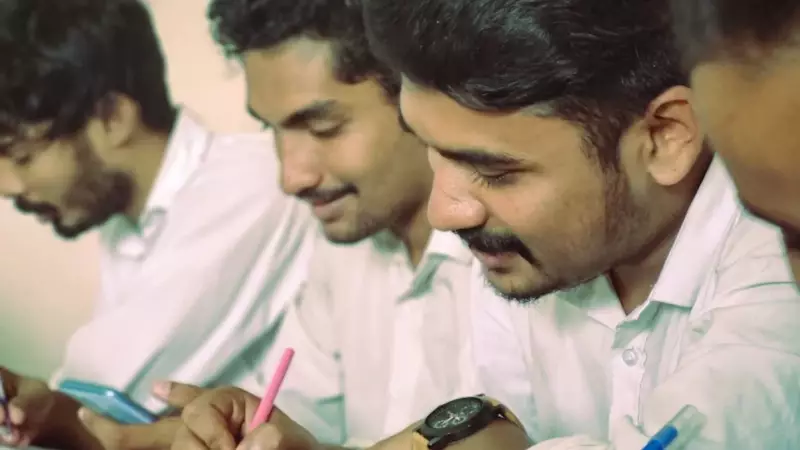
As India commemorates National Education Day on November 11, 2023, the spotlight turns to a crucial aspect of learning that often remains in the shadows: student mental health. This annual observance marks the birth anniversary of Maulana Abul Kalam Azad, India's first Education Minister, whose vision for education went beyond mere academic achievement.
The Legacy of Maulana Abul Kalam Azad and Modern Education
Maulana Abul Kalam Azad, who served as the Education Minister from 1947 to 1958, envisioned an education system that nurtured not just intellectual growth but also character development. His progressive ideas about education emphasized holistic development, a concept that aligns perfectly with today's understanding of mental health in educational settings.
National Education Day, first celebrated in 2008, serves as a reminder of Azad's contributions to India's educational framework. The day typically features seminars, workshops, and awareness campaigns about educational reforms and challenges. This year, however, the focus has shifted significantly toward addressing the psychological well-being of students across all educational levels.
The Growing Mental Health Crisis in Indian Education
Recent studies and reports indicate a worrying trend in student mental health across India. Academic pressure, competition, and societal expectations have created an environment where anxiety, depression, and stress-related disorders among students are becoming increasingly common.
The examination system and constant performance evaluation have been identified as major contributors to mental health challenges. Students face immense pressure to excel in competitive exams, often at the cost of their emotional well-being. The transition from school to higher education brings additional stressors that many young people struggle to manage effectively.
Educational institutions are now recognizing that mental health support cannot remain an afterthought. Schools and colleges across the country are beginning to implement counseling services, mental health awareness programs, and stress management workshops as essential components of their educational offerings.
Integrating Mental Health into Educational Framework
The conversation around student mental health has gained significant momentum in recent years. Educators, psychologists, and policymakers are advocating for systemic changes that prioritize psychological well-being alongside academic achievement.
Several initiatives have emerged to address this critical issue:
- Implementation of regular mental health check-ups in educational institutions
- Training programs for teachers to identify and support students facing mental health challenges
- Incorporation of mindfulness and stress-reduction techniques into daily school routines
- Development of peer support systems to create a more inclusive educational environment
The National Education Policy 2020 has also emphasized the importance of holistic education, recognizing that emotional and mental well-being are fundamental to effective learning. This policy shift represents a significant step toward creating an education system that values mental health as much as academic performance.
As we observe National Education Day 2023, the message is clear: true education cannot happen without addressing the mental and emotional needs of students. The legacy of Maulana Abul Kalam Azad reminds us that education should empower individuals to lead fulfilling lives, not just successful careers.
The growing awareness around mental health in educational settings represents a positive shift toward more compassionate and effective learning environments. By prioritizing student well-being, India moves closer to realizing the vision of its first Education Minister – creating an education system that develops complete human beings capable of contributing meaningfully to society.






